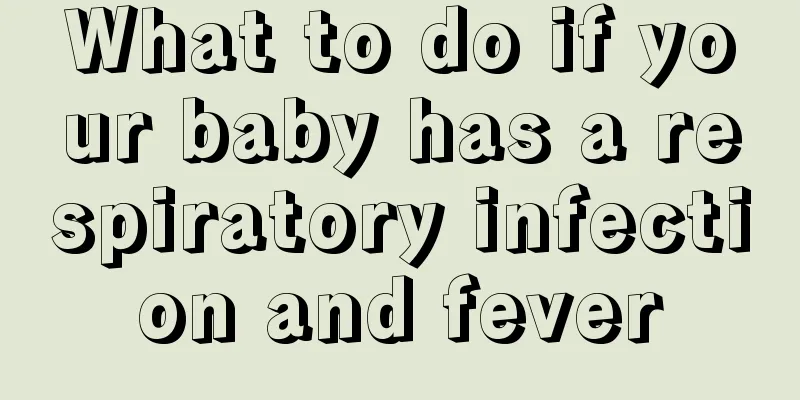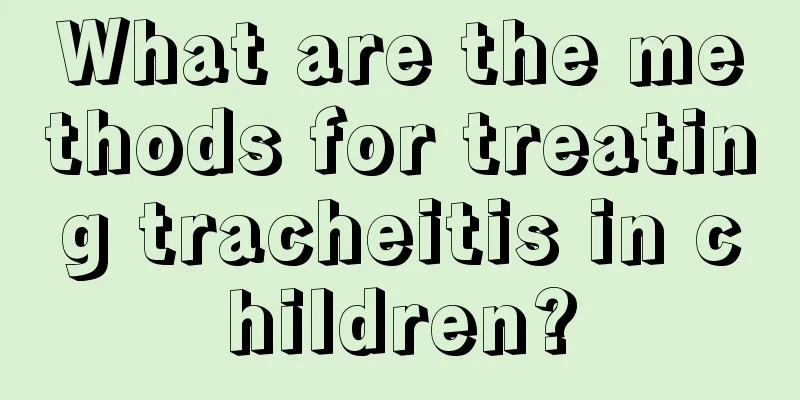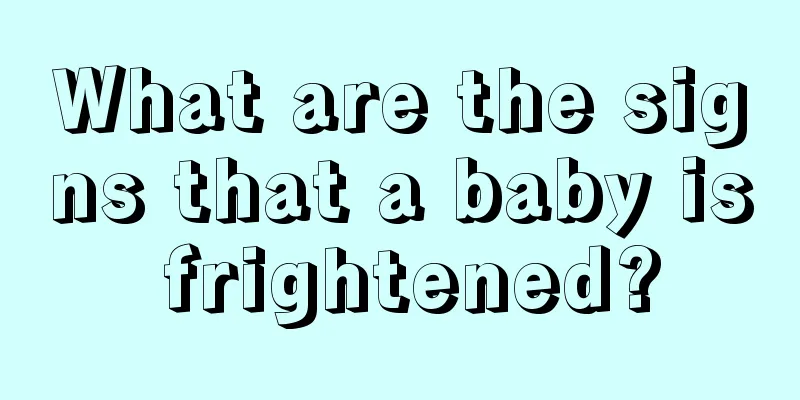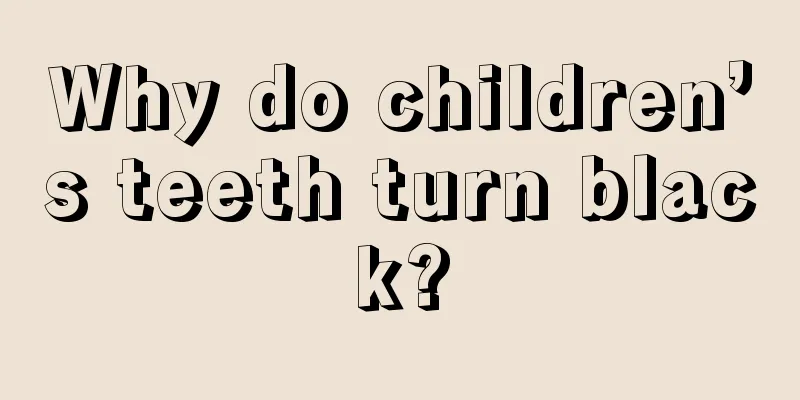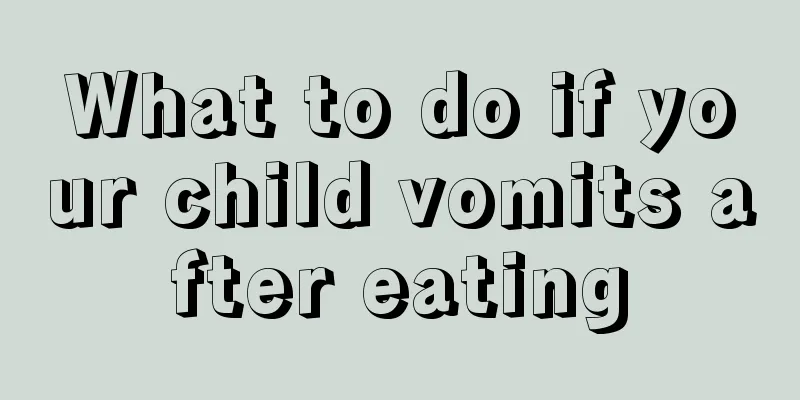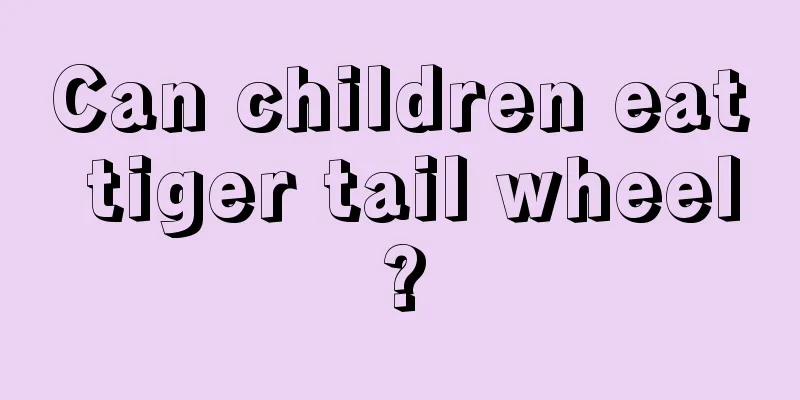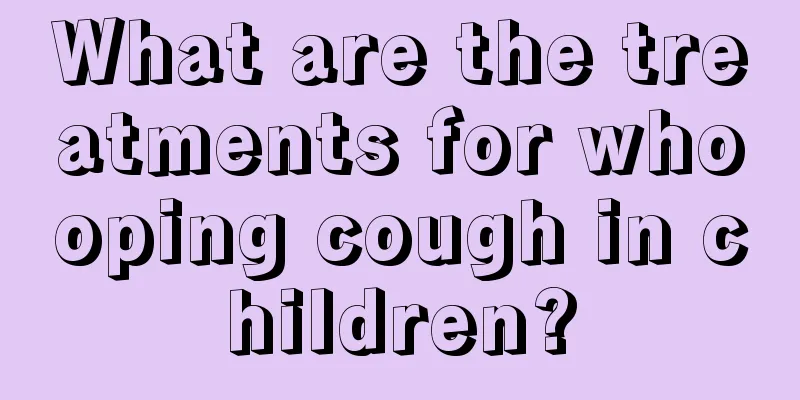Different causes and differences of convulsions in children
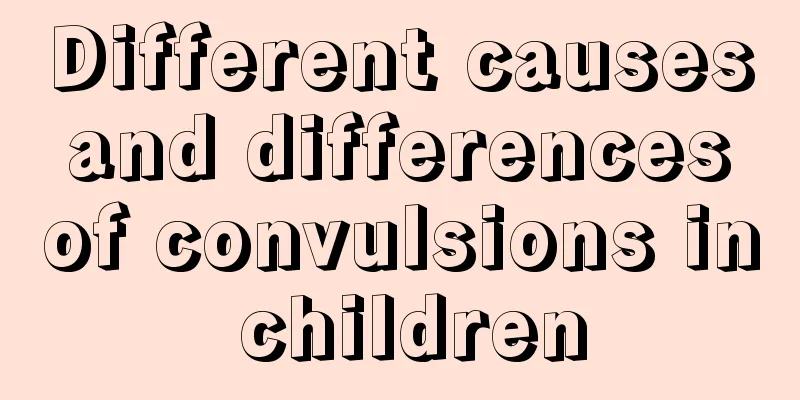
|
If a child suddenly has involuntary convulsions when he is sick, his parents will be very scared and think that his child has a serious illness. In fact, convulsions are a very common disease in the medical field. The most common convulsions are caused by epilepsy. Because some other diseases can also cause convulsions, such as fever, meningitis and other diseases, as long as the cause is found, it can be cured. reason: Fever, dehydration, hypoglycemia, brain lesions, trauma, and tumors may all cause convulsions, among which febrile convulsions have the highest incidence rate. Febrile convulsions are mainly caused by the unstable brain nerve functions of infants and young children. The rapid rise in body temperature causes abnormal discharge of brain cells, resulting in sudden unconsciousness, stiff and twitching limbs, foaming at the mouth, drooping eyeballs, blue lips, etc. Febrile convulsions often occur within 24 hours of fever. Most of them are major systemic seizures, and the duration of the seizure is usually within 15 minutes. Febrile convulsions are common in children aged six months to five years old. In Taiwan, the incidence rate among children under six years old is 3-4%. About 20-40% of children with febrile convulsions have family members with a history of febrile convulsions. the difference: However, convulsions and fever are not necessarily febrile convulsions. They may also be caused by other serious diseases such as meningitis. They can be distinguished by symptoms that are different from febrile convulsions. The following points are provided for parents' reference: 1. Brain infections such as meningitis and encephalitis are often accompanied by symptoms such as persistent high fever, headache, stiff neck, vomiting, decreased appetite, and drowsiness. As for febrile convulsions, there are usually no obvious symptoms before the convulsion occurs, and sometimes the child’s fever is discovered only after the convulsion occurs. 2. The convulsions caused by febrile cramps are mostly systemic, and rarely occur as in meningitis, brain tumors or cerebral hemorrhage. 3. Children with febrile convulsions usually have good energy after a short sleep after the convulsion, unlike those with meningitis, encephalitis or other problems who suffer from continuous drowsiness. Emergency treatment at home If a child suddenly has convulsions at home, parents must remain calm so that they can help the child. 1. The child should be laid on his side first, and sharp and dangerous objects around should be removed to avoid being hit during an attack. 2. Loosen your clothes and raise your head to keep your airway open. 3. Measure body temperature. If you have a fever, use anal suppositories to reduce the fever immediately. 4. If there is a foreign object in the mouth that is easy to remove, you can clear it out by lying on your side. 5. Please carefully observe the changes in the child's eyes, face, and limbs when he or she is convulsing, such as bilateral or unilateral convulsions, and also pay attention to the length of time the convulsion lasts. 6. Do not give children anything to drink during or immediately after a convulsion to avoid choking. 7. If the convulsion is the first time, the convulsion lasts more than ten minutes, or the convulsion is continuous and the consciousness cannot be restored, seek medical attention urgently. |
<<: What is the reason for the child's yellow hair
>>: How to treat a child with fever and convulsions? These are the methods!
Recommend
What are the symptoms and treatments of rhinitis in children?
Children's rhinitis mainly occurs in some acu...
What should I do if my baby has bloating?
Bloating is a symptom that may occur at many ages...
Children's skin itchy wheals
We all know that children's physical fitness ...
What is the reason for the white spots on the fingers of a seven-month-old baby?
The baby is everything in the mother's life, ...
Can children drink carbonated drinks?
Children today are a very happy generation. There...
Which department should I go to for my baby's constipation?
Sometimes when children show symptoms of illness,...
Does the baby need to have a stool test if he has diarrhea?
Diarrhea in babies is actually a very common phen...
What is the reason for the baby to lick his lips?
When I was very young, I always did some strange ...
How to correct the outward-facing toe better
During the development of the fetus, it will be r...
How to clear throat for children
Many parents find that their children clear their...
Symptoms of mild hand, foot and mouth disease
Hand, foot and mouth disease can easily affect th...
The relationship between family type and children's happiness
Children from single-parent or blended families a...
What is the most nutritious thing for children to eat for dinner?
Children's food is very important and must be...
What is the appropriate time for babies to breastfeed?
The baby is the center of a family. Our new paren...
How to deal with intellectual disability and early intervention?
In modern life, people spend a lot of time and mo...
